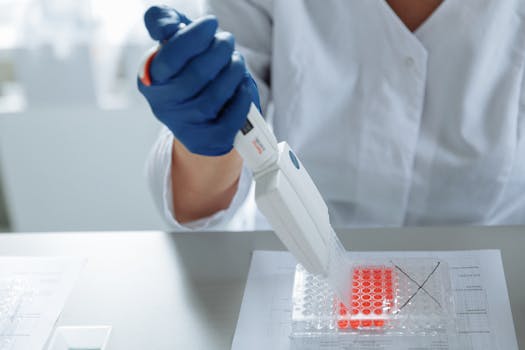
The Role of Genetics in Human Health and Disease
Introduction to Genetics and Health

The role of genetics in human health and disease is a complex and multifaceted field of study. Genetics, the study of heredity and variation, has become an essential aspect of understanding human health and disease. Genetics play a crucial role in determining our susceptibility to certain diseases, our response to environmental factors, and our overall well-being. In this article, we will explore the role of genetics in human health and disease, discussing the latest research and discoveries in the field.
Genetic Disorders and Diseases

Genetic disorders and diseases are conditions caused by abnormalities in an individual’s DNA. These abnormalities can be inherited from one’s parents or result from environmental factors, such as exposure to radiation or certain chemicals. Some common genetic disorders include sickle cell anemia, cystic fibrosis, and Huntington’s disease. Genetics also play a role in the development of complex diseases, such as heart disease, diabetes, and cancer.
Genetic Testing and Screening

Genetic testing and screening have become essential tools in the diagnosis and prevention of genetic disorders and diseases. Genetic testing involves analyzing an individual’s DNA to identify genetic mutations or variations that may increase the risk of certain diseases. Genetic screening, on the other hand, involves testing a large population to identify individuals who may be at risk of certain diseases. Genetics have also led to the development of personalized medicine, where treatment is tailored to an individual’s specific genetic profile.
Epigenetics and Gene Expression

Epigenetics, the study of gene expression and its regulation, has become a crucial area of research in the field of genetics. Epigenetic modifications, such as DNA methylation and histone modification, can affect gene expression without altering the underlying DNA sequence. Genetics have shown that epigenetic modifications can be influenced by environmental factors, such as diet and exposure to toxins, and can play a significant role in the development of diseases.
Conclusion

In conclusion, the role of genetics in human health and disease is a complex and multifaceted field of study. Genetics play a crucial role in determining our susceptibility to certain diseases, our response to environmental factors, and our overall well-being. Through genetic testing and screening, we can identify individuals who may be at risk of certain diseases and provide personalized treatment. Further research in the field of genetics is essential to uncover the underlying mechanisms of genetic disorders and diseases and to develop new treatments and therapies.



